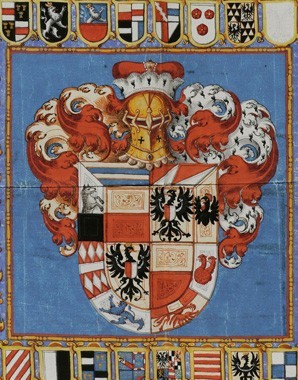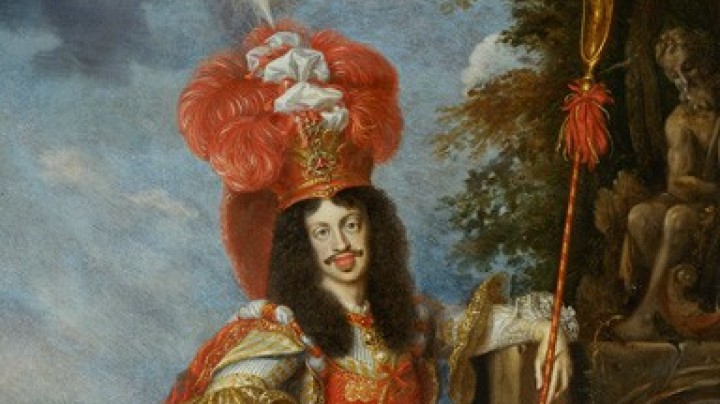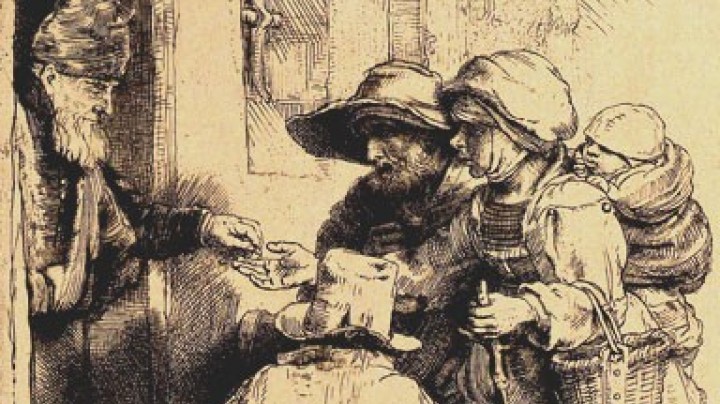Vienna – the city as stage for the display of aristocratic status
The Viennese Court was a sort of aristocratic melting pot. In Vienna, aristocrats from all parts of the Habsburg Empire encountered compeers with high-flying ambitions. Here one had to make one’s presence felt, for the competition never slept.
Life in the imperial capital offered many different advantages, but above all the chance to be at the centre of the action. A supranational aristocratic society was emerging, defined by a uniform lifestyle which was influenced by the culture of the Romance countries. It was in particular Italian composers, architects and painters, supported by their aristocratic patrons, who determined artistic trends. The nobility was also cosmopolitan: depending on the current fashion and taste, they spoke Italian, Spanish or French to one another, a custom that was reflected in the widespread use of loan words in Baroque German, traces of which still survive in Viennese dialect.
For aristocrats conscious of their standing it was no longer the old ancestral seat surrounded by large demesnes that was the preferred stage of aristocratic display but a residence in town, exposed to direct comparison with those of their compeers. In Vienna it was de rigueur to build a grand palace and run a lavish household, for it was here in the capital that social life took place. The leading families vied to outdo one another in the building of monumental town houses and splendid ‘garden palaces’ outside the gates of Vienna, employing the best architects and designers. Anyone who did not live like a prince or a count with the appropriate outward display of his status was no longer regarded as such.
Only the richest families could keep this sort of expenditure up. Many ambitious aristocrats whose finances were less robust lived on credit, and the façade they presented in society was based on the shakiest of structures. Being forced to retire to one’s country seat for financial or social reasons was regarded as a loss of prestige. Once the aristocratic ideal, life in the country now became the symbol of tedium and provinciality. The huge estates far away in the provinces were only occupied in the summer months and at times during the autumn for hunting; otherwise they merely provided the economic basis for their owner’s position at Court: the money was generated by the hard labour of the peasant serfs on these estates – and spent in prodigal amounts by the grand seigneurs on the stage of the Viennese Court.
















